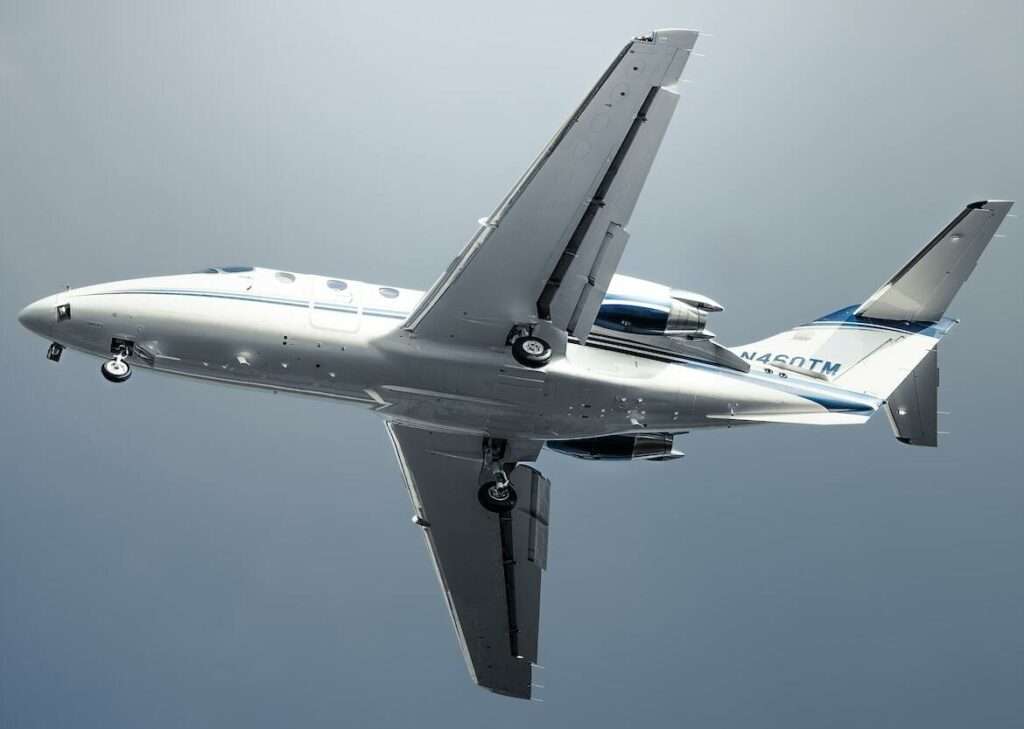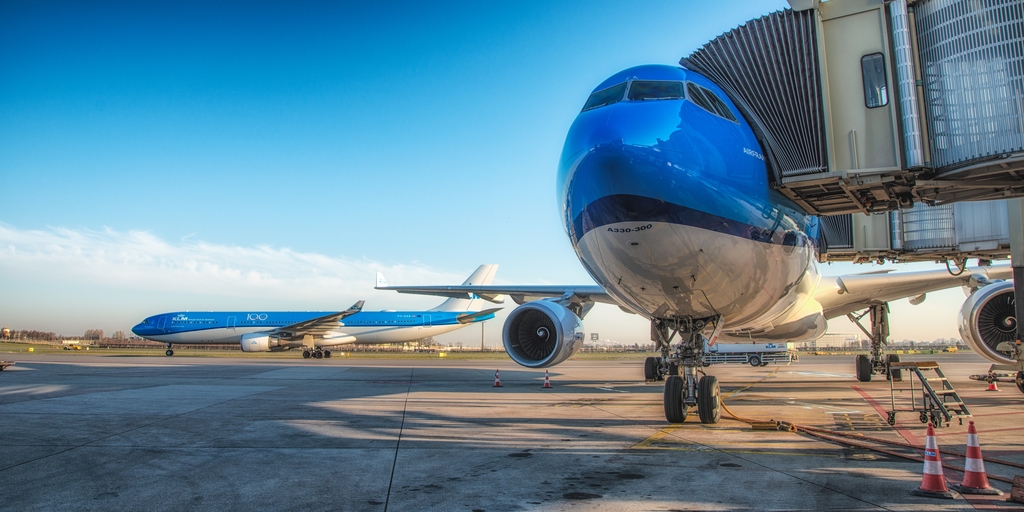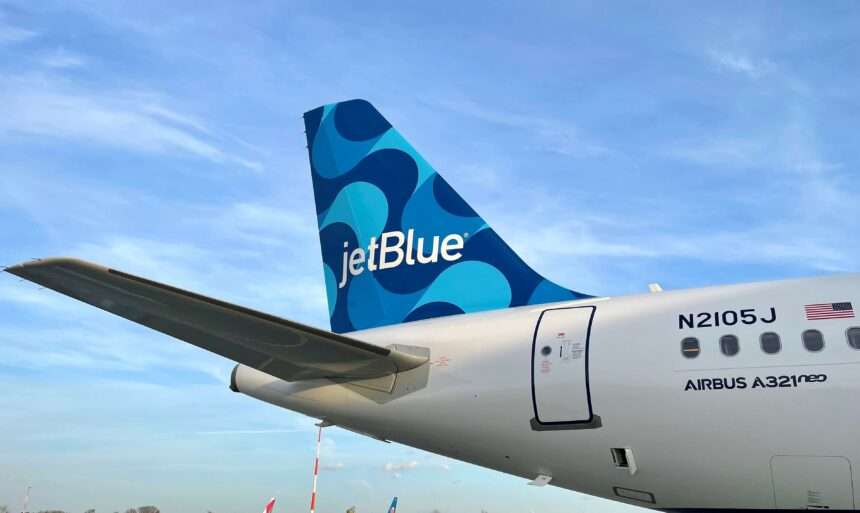In a recent statement, Pete Bunce, president, and CEO of the General Aviation Manufacturers Association (GAMA), comments on the budget proposed by the Biden-Harris Administration for Fiscal Year 2025.
The statement outlined the industry’s commitment to safety, workforce development, and sustainability.
However, it also highlights Presidential budget concerns regarding certain political proposals that could potentially hinder industry progress.
Mixed Feelings From GAMA
The General Aviation Manufacturers Association (GAMA) expressed a mix of support and concern regarding the Biden-Harris Administration’s proposed Presidential budget for Fiscal Year 2025.
It applauds the focus on safety, workforce development, and sustainability in aviation. However, GAMA President and CEO Pete Bunce raised worries about specific proposals that could potentially harm the industry.
GAMA welcomed the budget’s investment in the Federal Aviation Administration (FAA). This would strengthen certification processes, improve oversight, and address crucial workforce and infrastructure needs.
They echo the Administration’s emphasis on fostering a skilled aviation workforce, vital for a sector reliant on such expertise.
Additionally, GAMA aligns with the Administration’s focus on advancing sustainable practices within the aviation industry.

Concerns Regarding Tax Proposals
Bunce expressed specific concerns about proposals that could have negative consequences for the general aviation industry.
One such proposal involves closing the so-called “corporate jet loophole.” GAMA argues this term misrepresents these aircraft, which function as essential business tools.
These business jets promote job creation across the nation, particularly in communities underserved by commercial airlines.
Increased taxes on these aircraft could stifle demand and ultimately harm the very workforce the Administration aims to support.
Another proposal, a drastic increase in the jet fuel tax, is also concerning. Such a rise would disproportionately impact an industry already contributing significantly to the US economy.

Beyond Business Jets: Broader Economic Impact
GAMA highlights the industry’s substantial economic contributions, extending far beyond business jets.
General aviation generates a staggering $247 billion in annual economic output, supporting a diverse workforce of 1.2 million people across various sectors.
This sector provides critical transportation solutions for a wide range of organizations, including:
- nonprofits,
- agricultural businesses,
- emergency response teams,
- fire suppression efforts,
- law enforcement,
- humanitarian services and government agencies.
A Call for Constructive Dialogue
General aviation has consistently played a pioneering role in advancing safety and efficiency within the aviation sector, and Bunce draws attention to this fact.
The industry has also been a leader in the adoption of sustainable aviation fuels, demonstrating its commitment to environmental responsibility.
GAMA urged Congress to carefully consider the long-term impact of proposed tax increases on the overall health of the general aviation industry and its highly skilled workforce.
Bunce states that they remain committed to advocating for the industry and its vital contributions to the US economy.

Click the banner to subscribe to our weekly newsleter.

Click the photo to join our WhatsApp channel so then you can stay up to date with everything going on in the aviation industry!









